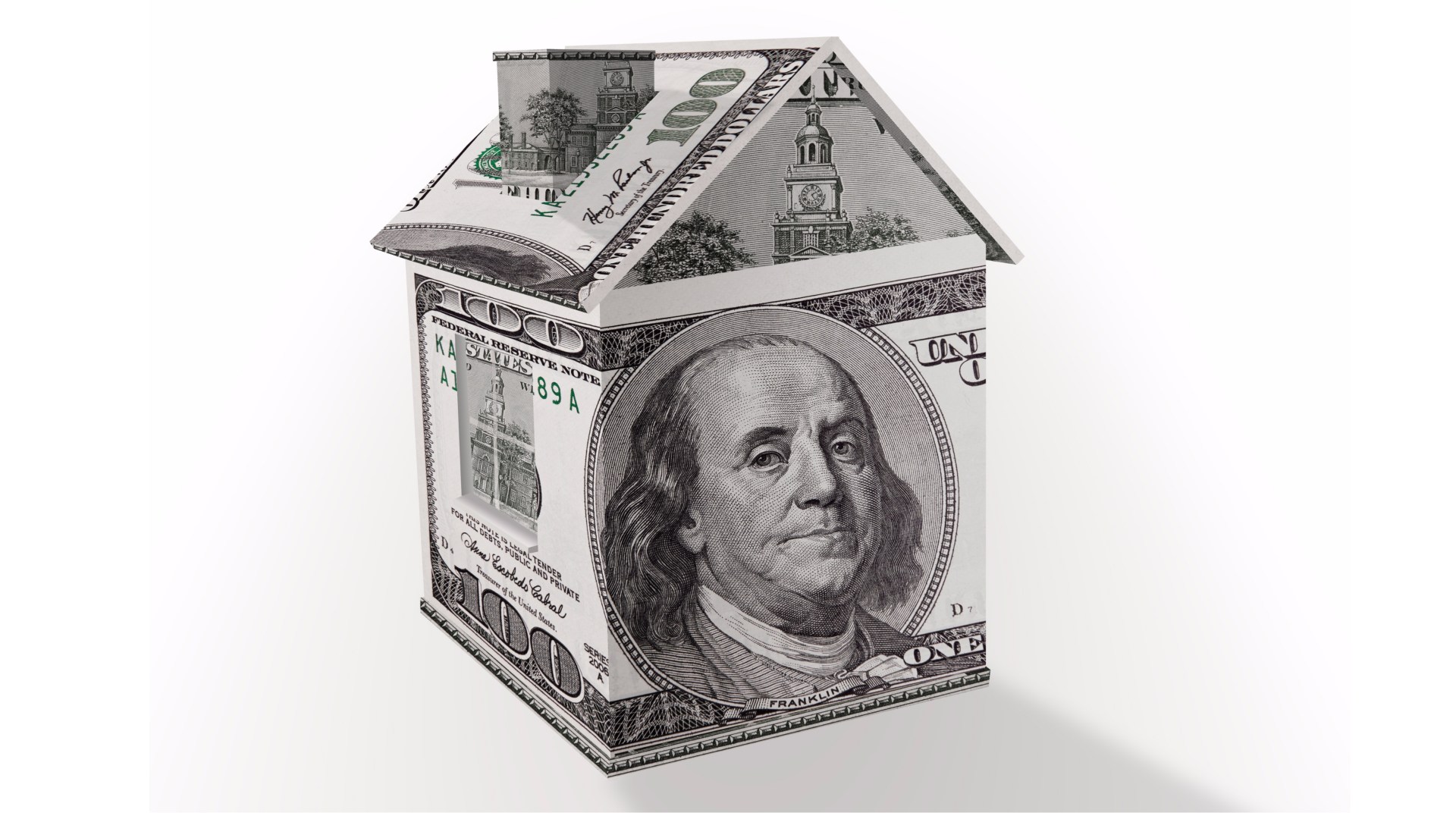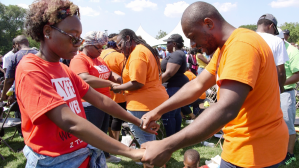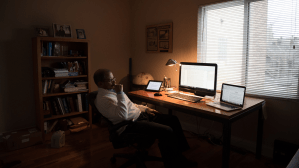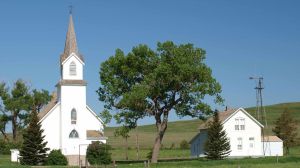In this series

Once again, a federal judge has declared that the longstanding clergy housing allowance violates the establishment clause of the First Amendment.
Offered only to “ministers of the gospel,” the 60-year-old tax break excludes the rental value of a home from the taxable income of US clergy. It’s the “most important tax benefit available to ministers,” according to GuideStone Financial Resources.
It’s also the biggest: American ministers currently avail themselves of the tax break to the tune of $800 million a year, according to the latest estimate by the congressional Joint Committee on Taxation.
Wisconsin district judge Barbara Crabb first ruled against the housing allowance in 2013, finding that the second part of Section 107 of the IRS tax code provides “a benefit to religious persons and no one else, even though doing so is not necessary to alleviate a special burden on religious exercise.” Her ruling “sen[t] shockwaves through the religious community,” the Evangelical Council for Financial Accountability stated at the time.
But an appeals court overturned her decision in 2014, ruling that the atheist plaintiffs from the Freedom From Religion Foundation (FFRF) was not sufficiently harmed by the tax break to challenge it in court.
The most “fascinating turn” in the legal fight was when the Department of Justice defended the housing allowance by arguing that atheist leaders qualify as “ministers of the gospel” and could claim the exemption for themselves.
However, the IRS disagreed. The FFRF changed how it compensates its leaders to match the housing allowances that churches give pastors, and sued again when its co-presidents were denied the tax break. On Friday, Crabb ruled in their favor again.
“I adhere to my earlier conclusion [that the allowance] violates the establishment clause,” wrote Crabb, “because it does not have a secular purpose or effect and because a reasonable observer would view the statute as an endorsement of religion.
“Although defendants try to characterize [the allowance] as an effort by Congress to treat ministers fairly and avoid religious entanglement, the plain language of the statute, its legislative history and its operation in practice all demonstrate a preference for ministers over secular employees,” she wrote.
Crabb has now asked the parties to advise her on what relief should occur. “I am reluctant to make a definitive determination regarding the appropriate remedy because none of the parties developed an argument in favor of a refund, a particular injunction or both or otherwise developed an argument regarding what the court should do,” she wrote.
Crabb’s ruling would only apply to pastors in Wisconsin, Illinois, and Indiana if upheld by the Seventh Circuit Court of Appeals, which likely must now rule on the actual merits of the case. (The part of Section 107 which excludes the rental value of actual parsonages from being taxed is not being challenged.)
The Seventh Circuit previously reversed Crabb’s ruling that the National Day of Prayer was also unconstitutional.
Southern Baptist blogger William Thornton offered one of the first assessments of Crabb’s latest ruling, as did Forbes contributer Peter J. Reilly.
The merit of the housing allowance is debated by pastors because of its potential for abuse. However, the Commission on Accountability and Policy for Religious Organizations (CAPRO) advised that Congress “should not apply a dollar limit to the clergy housing exclusion … because attempting to do so would create more challenges than it would solve.”
CT previously examined whether pastors’ homes are really that different from everyone else’s. According to the 2018 Compensation Handbook for Church Staff, 81 percent of fulltime senior pastors receive a housing allowance, while 11 percent receive a parsonage allowance. For fulltime solo pastors, 67 percent receive a housing allowance, while 27 percent receive a parsonage allowance; among part-time solo pastors, 59 percent receive a housing allowance, while 10 percent receive a parsonage allowance.
CT reported in 2011 how challenges to the housing allowance were standing on shaky ground, but the FFRF breathed new life into its lawsuit by restructuring its compensation. CT also noted the irony of the federal government challenging atheists to apply for clergy tax breaks. Church Law & Tax offered 10 takeaways on Crabb's previous ruling.
Such housing allowances first came under scrutiny in 2002 when the IRS challenged Rick Warren on his exemption, leading Congress to revise the law. Some quirky reasoning later allowed one prominent pastor to claim two parsonages.
CT has asked experts whether Congress should change the housing allowance, editorialized on parsonage allowances, and looked at the history of clergy housing tax breaks.













